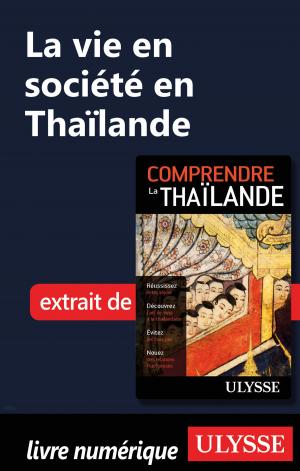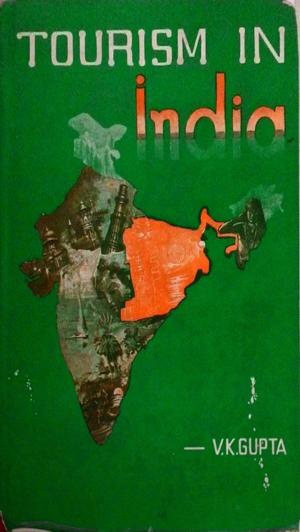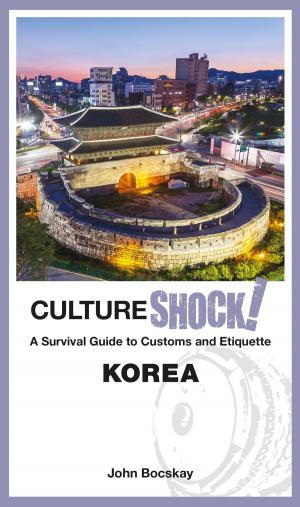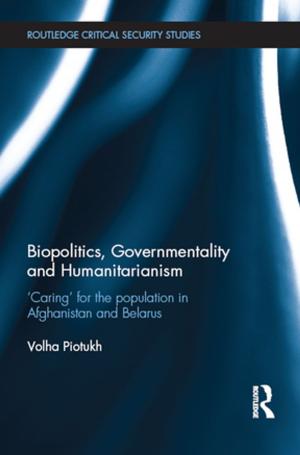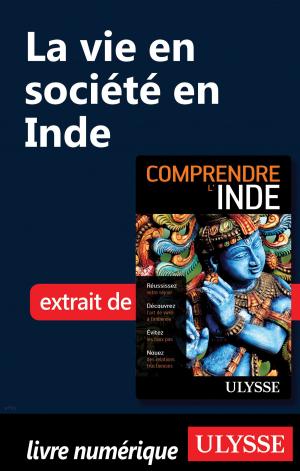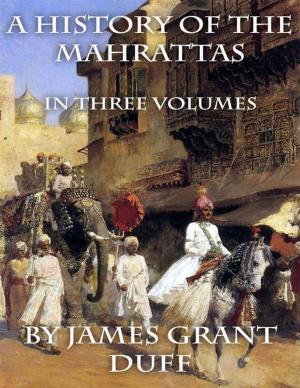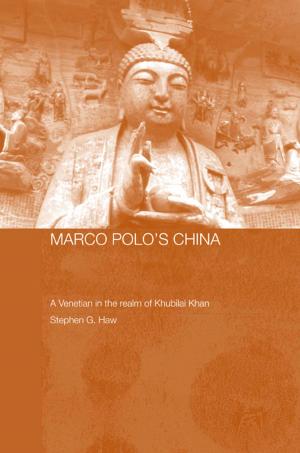| Author: | Jonathan Lee | ISBN: | 9789936802049 |
| Publisher: | Rahmat Publications | Publication: | December 15, 2015 |
| Imprint: | Rahmat Publications | Language: | English |
| Author: | Jonathan Lee |
| ISBN: | 9789936802049 |
| Publisher: | Rahmat Publications |
| Publication: | December 15, 2015 |
| Imprint: | Rahmat Publications |
| Language: | English |
1 of the best writings in this field! Afghanistan is a Central Asia country with an estimated population of some thirty million people. Over fifty languages are spoken in the country, which reflects the diverse cultural backgrounds of this nation’s people and history. As a result of invasion and migration over many centuries, Afghanistan has a rich and ancient heritage which includes influences from northern India, Mongolia, Greece, Iran, Arabia and China. Afghanistan, whilst today predominantly Muslim, has also historically been an important centre of world religions, including Buddhist, Zoroastrianism and Christianity. This diversity is also reflected in Afghanistan extensive archaeological heritage which include the Buddhist images of Bamiyan and the Minaret of Jam, both of which are UNESCO World Heritage sites. Over the last two centuries archaeologists have also made many important discoveries which have rewritten the history of the region. However, Afghanistan also has a history of civil conflict and invasion. Over the past forty years, in particular, this has had a devastating effect on the country’s heritage. Many important archaeological sites have been pillaged or deliberately destroyed. Several ancient monuments have fallen down, or at risk of collapse, due to neglect, whilst the pillaging and smuggling of the country’s cultural heritage is a widespread problem. According to the Ministry of Culture and Information more than 1200 cultural heritage sites are under serious threat, but this is only the tip of the iceberg. Foreign and national cultural heritage and archaeological organizations are doing what they can with very limited funds, but the task of recording, excavating or preserving these sites and monuments is overwhelming. Even so, there have been a number of successes with many important items of Afghanistan’s looted heritage being returned to the National Museum. “Amazing Wonders of Afghanistan” aims to celebrate a few of Afghanistan’s most important cultural heritage sites as well as a several key cultural festivals and traditions. By doing so it aims to raise awareness both among Afghans (particularly young people) as well as the wider public. The book provides an overview of each site or cultural icon whilst highlighting the challenges faced by war, neglect, pillaging and uncontrolled development. Dr. Jonathan Lee, the author of this book, is a well-known historian with extensive experience of living and traveling in Afghanistan. He is the author of numerous works on Afghanistan’s history, culture heritage and archaeology. This book provides an excellent introduction to Afghanistan’s rich and diverse cultural heritage. Each of the twenty articles is well illustrated and includes a short bibliography at the end of each entry to encourage further reading.
1 of the best writings in this field! Afghanistan is a Central Asia country with an estimated population of some thirty million people. Over fifty languages are spoken in the country, which reflects the diverse cultural backgrounds of this nation’s people and history. As a result of invasion and migration over many centuries, Afghanistan has a rich and ancient heritage which includes influences from northern India, Mongolia, Greece, Iran, Arabia and China. Afghanistan, whilst today predominantly Muslim, has also historically been an important centre of world religions, including Buddhist, Zoroastrianism and Christianity. This diversity is also reflected in Afghanistan extensive archaeological heritage which include the Buddhist images of Bamiyan and the Minaret of Jam, both of which are UNESCO World Heritage sites. Over the last two centuries archaeologists have also made many important discoveries which have rewritten the history of the region. However, Afghanistan also has a history of civil conflict and invasion. Over the past forty years, in particular, this has had a devastating effect on the country’s heritage. Many important archaeological sites have been pillaged or deliberately destroyed. Several ancient monuments have fallen down, or at risk of collapse, due to neglect, whilst the pillaging and smuggling of the country’s cultural heritage is a widespread problem. According to the Ministry of Culture and Information more than 1200 cultural heritage sites are under serious threat, but this is only the tip of the iceberg. Foreign and national cultural heritage and archaeological organizations are doing what they can with very limited funds, but the task of recording, excavating or preserving these sites and monuments is overwhelming. Even so, there have been a number of successes with many important items of Afghanistan’s looted heritage being returned to the National Museum. “Amazing Wonders of Afghanistan” aims to celebrate a few of Afghanistan’s most important cultural heritage sites as well as a several key cultural festivals and traditions. By doing so it aims to raise awareness both among Afghans (particularly young people) as well as the wider public. The book provides an overview of each site or cultural icon whilst highlighting the challenges faced by war, neglect, pillaging and uncontrolled development. Dr. Jonathan Lee, the author of this book, is a well-known historian with extensive experience of living and traveling in Afghanistan. He is the author of numerous works on Afghanistan’s history, culture heritage and archaeology. This book provides an excellent introduction to Afghanistan’s rich and diverse cultural heritage. Each of the twenty articles is well illustrated and includes a short bibliography at the end of each entry to encourage further reading.



